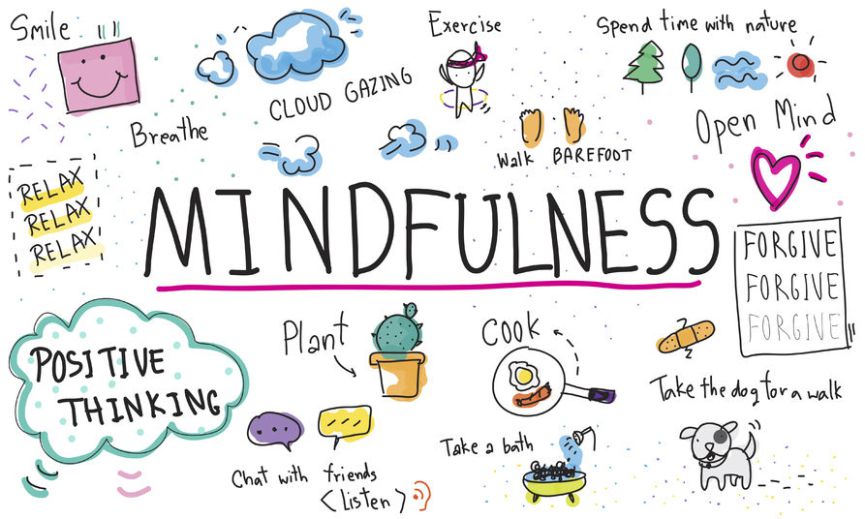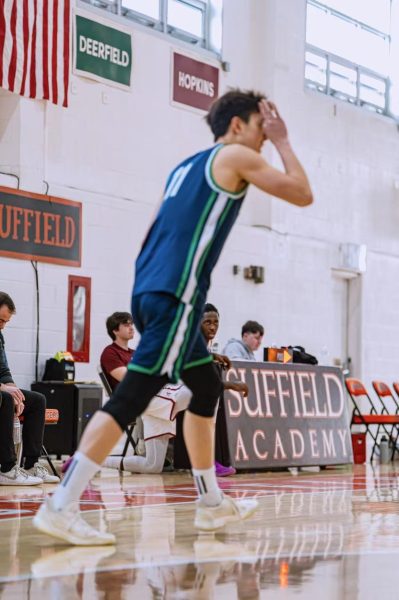The Importance of Counseling on Campus According to Sara Schieffelin
Williston students have resumed their rigorous school work after the winter break. This is a crucial period; students are settling back into the school environment, many students find themselves lost in the load of homework from school, or the amount of effort put into their extra curriculum activities, or the ever-present college waiting game.
The best person to come to your rescue at this transition period is our Director of Psychological Counseling services, Sara Schieffelin.
Schieffelin found her passion for social work from her family members at an early age. Though she didn’t know that her interests lean towards being a social worker, nevertheless social workers played a major role in her life.
“I sort of think of social work as being more about the person in the environment and how the environment, different systems, family systems, school systems, the cultural systems interacts to shape individuals and how individuals shape systems,” she told The Willistonian.
Schiefflin said her desire to become a social worker came out of growing up with her younger brother, who needed special needs and assistance. She wanted to help her brother more than she could and understand what he was going through mentally. Her late grandmother, who was taken care of by social workers, played an important role in her life as well. Also in her mid 20’s she herself went to a therapist to help her find a career in which she believed. The therapist eventually guided her towards becoming a social worker.
“I saw how social workers helped support the whole family system,” she said.
Schieffelin brings a wide range of experience to campus.
“I attended the Smith College School for Social Work where I got my Master’s Degree in Social Work,” she explained. “After I graduated I worked for three years as an outreach therapist doing work with children and adolescents in community settings, and then for seven years as the clinical director in a program working with young adults who had services through the Department of Mental Health.”
She also shared her strengths with how being a social worker affects her day-to-day life.
“I like hearing peoples’ stories, I like learning about the way people think, the way people interact with the world, and I am just curious,” Schieffelin recalled. “I am not a math or science person, I’m not good with facts and figures. I like stories, and I like hearing about people’s lives–what they’ve experienced, how they think about things, what is important to them, and how that shapes who they are.”
She added, “And I feel like that’s what I am good at, listening to people’s stories and then supporting people if they have issues they want to talk about.”
Schieffelin is very eager to talk to students and lend a helping hand with their personal issues and matters. She further gave insight on the types of counseling students get at Williston.
“I mean it really depends on what people are coming for,” Schieffelin stated.
According to Schieffelin there are students that come on a regular basis, and students that stop by from time to time. If the students are going through some rough conditions, she works with the school to provide them with outside help that best supports their needs.
When students are depressed, or when your friends are worried about your well being, when an advisor or any adult thinks you need extra support, that is a sign that you should visit the counselor.
“To some extent it’s personal, some people feel like they need a counselor all the time for ongoing support, a lot of times it’s when it’s interfering with your daily life,” the counselor said. “Like you can’t get something out of your mind, or your crying all the time, or something is bothering you so much that you don’t want to go to classes or you don’t want to go to your sports or you can’t sleep at night.”
She went on to say, “We all have stress but when it sort of feels too much to manage on your own or to manage with your natural support system. That’s when it is time to seek a counselor.”
Not only does Schieffelin work with students but she works with the faculty, as well.
“I also work a lot with the faculty and the administration, and just in general how do we make Williston a healthier campus. How do we make it safer, how do we support students and develop healthy skills, you know that was part of the reason I got up on stage last week,” she said.
She also gave some information on mind exercises apps that you can download in your phones, that helps you with anxiety or stress. Some of her suggestions are: Calm, Insight Timer, Mind/Body, and Headspace.
“Find your own meditation, or mindfulness exercise,” she mentioned.
Schieffelin also told The Willistonian of how counseling services keeps their word on students’ matters.
“What is talked about in counseling is confidential to a point, so if a student is engaging in behavior that is unsafe to themselves, really disruptive to the community, or unsafe to others, then I have a professional obligation to let other people know,” she said.
As long as you meet the conditions, counseling will ask for the student’s consent if their matters were to be shared with anyone else.
It is noted on Williston’s Psychological Counseling Services page: “It is often a sign of strength to seek help when problems become particularly troublesome or interfere with a student’s academic and social functioning.”










